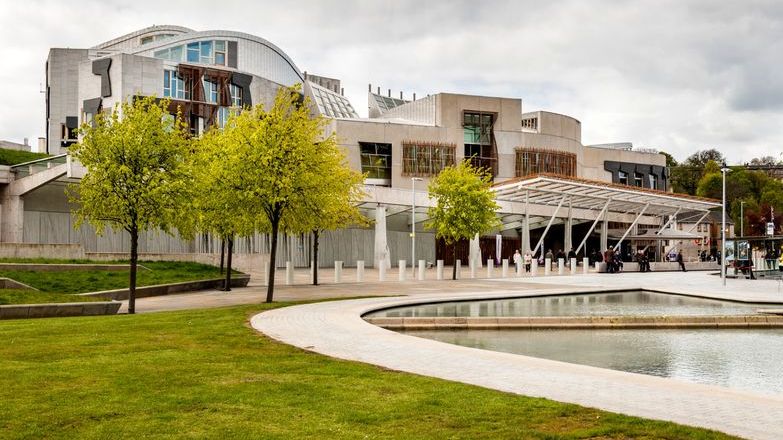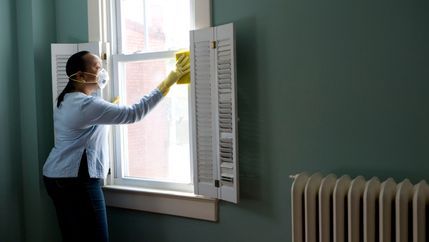
Currently, the Bill proposes two main changes for the PRS which are:
- The removal of all mandatory grounds for possession for Private Residential Tenancies, Assured Tenancies, Short-assured Tenancies and Regulated Tenancies; and
- The incorporation of pre-action protocols into the underlying housing legislation as a factor when considering the reasonableness or otherwise of granting an order for eviction or possession on the grounds of rent arrears.
Whilst the above are the two salient points that will concern letting agents and landlords the most, the Bill further proposes to amend previous legislation to remove all references to the mandatory elements of the following:
- Ground 8 of the Housing (Scotland) Act 1988 where the tenant is in three months’ arrears. This ground will be deleted in its entirety meaning landlords will only be able to use grounds 11 and 12, which are persistent delays with rent or some arrears.
- Ground 12 of the Private Housing (Tenancies) (Scotland) Act 2016 where the total arrears amount to the equivalent of one month’s rent or more.
- Section 33 of the Housing (Scotland) Act 1988 where the landlord is attempting to end a short-assured tenancy.
The PRS is not the social housing sector
The Scottish Government, and those they co-operate with, appear fixated with aligning the PRS with the social housing sector, which is evidenced by the loss of mandatory grounds, a desire for a PRS Regulator, controlling rents, increased data gathering and the permanent introduction of the pre-action protocols.
The measures had already been described in a Housing and Property Chamber First Tier Tribunal decision by the advocate Adrian Stalker (one of Scotland’s most respected and authoritative voices on housing law) as being a “trap for the unwary landlord” being “unnecessarily complex” to “challenge a legally qualified person, much less a lay person”.
Unanswered questions
There are many questions that still await to be answered, and before the Bill continues further, the Scottish Government need to address where is the evidence that warrants the proposed measures to be introduced permanently? Also, have lenders been consulted regarding the changes and the potential consequences these changes may have on their business? For instance:
- Lenders will not be guaranteed to recover vacant possession of the property from a tenant, potentially therefore inadvertently becoming landlords
- Lenders would then be seen as landlords who must then register themselves on landlord registration
- How will lenders consider current lending to landlords – lending that met the criteria at the time, particularly around the grounds for possession and rent achieved. It is feasible this could be considered a breach of the mortgage terms with ultimate sanctions being a requirement for the borrower to return lending
- What analysis has been carried out regarding the success, or not, of the pre-action requirements during the COVID-19 period?
- Have any discussions taken place with one of Scotland’s most respected voices on housing law on the merits of introducing the pre-action requirements?
- Is changing the terms of the landlords’ tenancy agreement (contract) mid-tenancy completely legal?
- Has the effect these changes may have on driving investment to or away from the PRS in Scotland been considered?
Agents are entitled to a detailed and evidence-based answer. The fear is that these simple questions could lead to many more that should not be considered unreasonable. The Scottish Government needs to fully understand the needs of the whole PRS, not just tenants, and listen and engage with stakeholders so what they introduce is fit for purpose and not just what they want.




